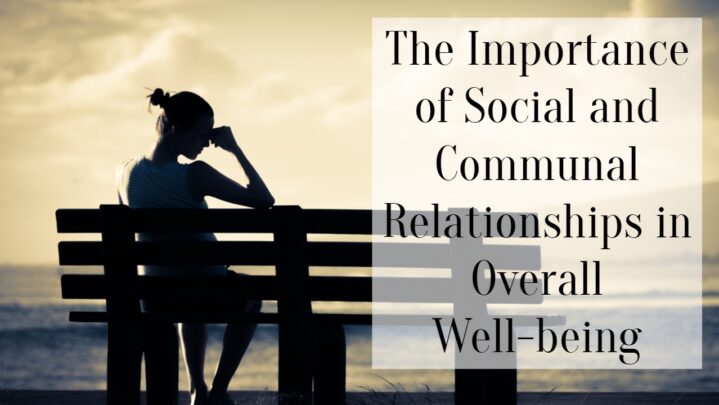These interactions have a tremendous impact on our general well-being, and studies have shown that individuals who have strong social ties are happier, healthier, and live longer than those who do not.
Many elements of our existence, including our physical health, benefit from social and communal interactions. Social support has been demonstrated in studies to help lower blood pressure, improve the immune system, and even minimize the chance of chronic diseases such as heart disease and stroke. Strong social relationships can also promote mental health by lowering the risk of depression, anxiety, and other mental health issues.
Social ties may also provide people with a feeling of direction and significance in their lives. We are social animals that flourish when we are linked to others. Being a member of a community or having a close group of friends may help us feel like we belong and find significance in our lives.
Furthermore, during times of stress and struggle, social and communal bonds may be a source of support. When we confront difficulties, having a support system may help us deal with and recover much more effectively. Having somebody to turn to when we need support, whether its friends, family, or a larger group, may make us feel less alone and more able to deal with whatever life throws at us.
Finally, social and communal interactions are critical to our general well-being. They provide a variety of advantages, such as increased physical and mental health, a feeling of purpose and meaning, and assistance during times of stress and difficulties.





